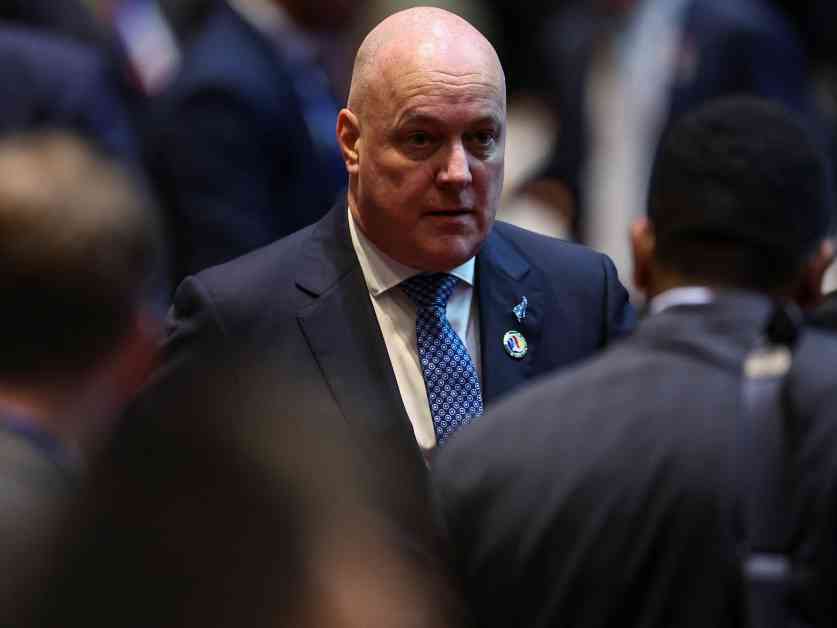New Zealand’s Prime Minister, Christopher Luxon, issued a formal and heartfelt apology to over 200,000 individuals who suffered abuse in state and church care throughout the country’s history. This apology followed the findings of an independent inquiry by the Royal Commission of Inquiry into Abuse in Care, which revealed that one in three individuals in state or religious care between 1950 and 2019 experienced abuse.
The survivors, including members of the Maori and Pacific Islander communities, endured physical and sexual abuse, with some being subjected to extreme forms of torture. Luxon’s apology highlighted the atrocities committed at facilities like the Lake Alice psychiatric hospital, where individuals were sterilized, used for unethical medical experiments, and subjected to electric shocks.
The Royal Commission made recommendations, including incorporating the Treaty of Waitangi and the United Nations Declaration on the Rights of Indigenous Peoples into policy to address the systemic issues that allowed such abuse to occur. While the government has taken steps to address some of these recommendations, survivors have expressed mixed feelings about the apology.
Many Maori survivors feel that the apology lacks substance without tangible actions to back it up. They have criticized the lack of Maori involvement in drafting the apology and the omission of the Treaty of Waitangi in Luxon’s speech. Survivors advocate for a deeper reckoning with the past and a more comprehensive redress process that acknowledges the cultural genocide experienced by generations of Maori children.
The abuse disproportionately targeted Maori and Pacific Islander communities, reflecting the broader structural racism within the system. The apology from Luxon represents a step towards acknowledging the trauma inflicted on these communities, but survivors are calling for more meaningful reparations and systemic changes to prevent future abuses.
Luxon’s apology also addressed abuse in faith-based institutions, emphasizing the need for collaboration between the government and church leaders to facilitate the redress process. However, the lack of clear financial redress plans has raised concerns about whether survivors will receive adequate compensation for the harm they endured.
In the context of New Zealand’s history of colonization and the ongoing struggle for Maori land rights, the issue of abuse in state care represents another chapter in the country’s complex relationship with its Indigenous communities. While some progress has been made in acknowledging past wrongs, there is still much work to be done to address the legacy of abuse and ensure that survivors receive the justice they deserve.
